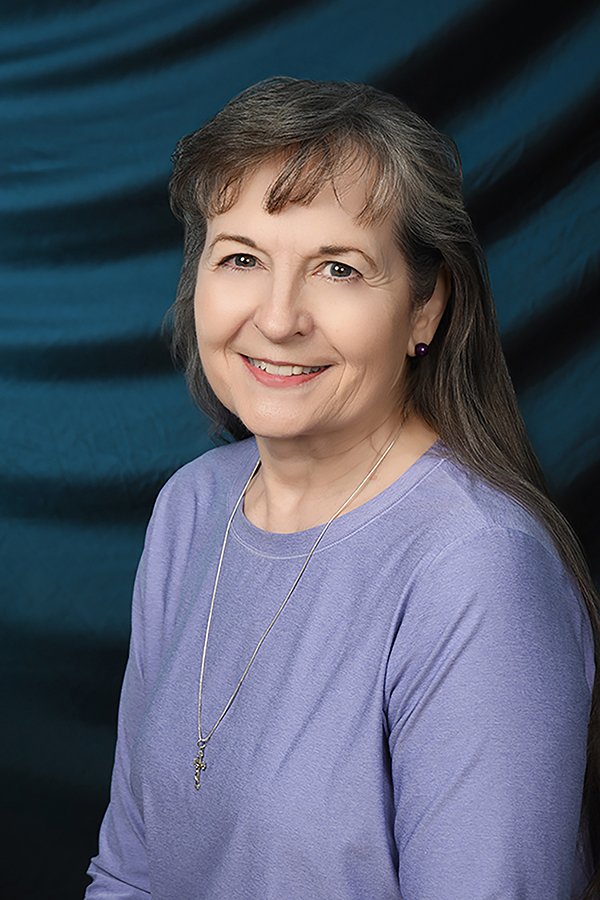Older and Wiser
 Surely you have heard the phrase – “older and wiser.” It conveys the idea that as we age, we gain wisdom. In reality, we all know people who are old and not very wise. They seem to make the same mistakes over and over again. From that, we can conclude that age alone doesn’t make us wiser. It’s something else. Wisdom comes when we learn from our life experiences. A child learns that when they touch a hot stove, they get burned, so they don’t touch hot stoves anymore.
Surely you have heard the phrase – “older and wiser.” It conveys the idea that as we age, we gain wisdom. In reality, we all know people who are old and not very wise. They seem to make the same mistakes over and over again. From that, we can conclude that age alone doesn’t make us wiser. It’s something else. Wisdom comes when we learn from our life experiences. A child learns that when they touch a hot stove, they get burned, so they don’t touch hot stoves anymore.
Let’s apply that to our spiritual life. I know many older people of very deep faith. They did not grow in their faith just by getting older. They learned from their life experiences. They made an effort to grow closer to God. They worked for the glory of God’s Kingdom. They took the spiritual life seriously and allowed themselves to be transformed.
When a Catholic man or woman considers entering religious life, they begin what’s called “formation.” It takes many years of formation before they take their vows so that they are certain about the commitment they are making – a lifelong commitment to give their entire lives to God.
After taking vows, formation does not end. It is a continuous process of growth based on the premise that they are never done being formed. God is always working on them, helping them grow in faith, hope and love.
How about us? We who did not choose religious life but live an ordinary life of work, family, and church. We, too, need formation. Isaiah 64:8 says, “But now, O Lord, You are our Father, We are the clay, and You our potter; And all of us are the work of Your hand.” How malleable are we? How easily can God shape us to be the people He created us to be? Do we ever become too old to be changed?
Jesus spent three years with the apostles, teaching and forming them so they could carry on His work when He left. But even after those three years, the apostles continued formation because they were not yet perfect. Consider Paul correcting Peter because he was one way with the Gentiles and another with the Jews. Even though Peter was the first of the apostles, he was open to correction. Correction is part of formation.
So what does formation mean for a Christian in today’s world? What is required for us to be formed?
Acknowledgment that we are not done yet. We never want to think that we are “good enough” and can stop growing. God always has more for us and we should always want more. The enemy wants us to think we can’t have more, that we should settle for a lukewarm faith, that loving God with our whole mind, soul, strength, and heart is not possible. That’s a lie.
Docility, which means the ability to learn. Am I willing to hear and consider even the hard truths? Remember the great number of disciples who walked away in John chapter 6 when Jesus talked about eating his flesh and drinking his blood, or the teachings on the commandments when Jesus said, “You have heard it said…but I say…” He raised the bar. Am I open to the hard teachings or do I resist? Do I say, “Yes, but…” If I embrace my formation, I dig into those hard teachings so that I can understand and obey.
Action. I have to take steps to grow. If I want to be a great pianist, I have to practice. I have to follow the suggestions of my teacher. If I want to be a great athlete, I have to work at it. I have to listen to my coach. I have to put in the time to be great. And if I want to be a saint, I have to commit my time and energy to make that happen. God’s grace is always there for us, but we have to respond to that grace.
Hopefully you now see that you are in formation – or you have a desire to be in formation. You want to be clay in the Potter’s hands. The next question is: In what ways am I being formed or can I be formed?
First, we are formed in our prayer life. We might begin as a little child “saying our prayers.” We thank God for things, ask for his help, and recite memorized prayers like the Our Father, Hail Mary or Glory Be. That’s fine for a child, but as we mature we want to become older and wiser in our prayer life. We want to have conversations with God. We want to encounter Jesus. I’m not talking about a mystical experience, but a personal experience. We are continually formed in our prayer life.
We are formed in our knowledge of God. We can never fully know God, but we can always know Him better. So many people don’t know the One True God. They have settled for a lesser, false God. A distant God. A punishing God. A God who can be manipulated if I pray in just the right way. Maybe I do know a loving and merciful God. How can I trust Him more? How can I love Him more? How can I grow in knowledge of God?
We are formed in our conscience. A child learns good from bad. When we grow up, we continue to learn. Our world calls evil good and good evil, so it can be confusing. We need to form our consciences well so that we can know the good and have the strength to do it. The key to properly forming our conscience is to recognize that God determines what is good and what is evil. I can disagree, but that won’t change the facts. A well-formed conscience is able to sift through the confusion of the world and our emotions and passions to get to the truth of right and wrong. Then it’s up to us to choose the good and reject evil. That was the decision Moses posed to the people in Deuteronomy 30:19-20 after reading the law. “I place before you life and death, blessing and curse. Choose life!”
Very closely related to a well-formed conscience is formation in virtue. We become saints by growing in virtue. We reject vice and pursue the opposite virtue. Humility instead of pride. Love instead of anger. Temperance instead of gluttony and so on. We can continually be formed in virtue.
I think I can confidently say that we all want to grow older and wiser. Not wiser in the ways of the world, but wiser in the spiritual realm. That’s what really matters. When I die, it won’t matter how well I figured out the world, how famous I was, how high up the ladder of success I climbed. Those are all measures of success in the world but are meaningless in the Kingdom of God. I want to be formed for Heaven. I want to be older and wiser in the ways of God. And I know God wants this for me as well. He keeps pouring His grace out on me – and on you – so that each of us can grow in wisdom of God. Embrace this formation. Allow the Divine Potter to mold you into the person He created you to be.
Questions for prayer:
-
How have I been formed thus far in my life? Has the formation been deliberate or accidental? What can I do to be more open to formation?
-
What kind of formation do I need right now? Is it prayer, knowledge of God, conscience, virtue, or something else? How can I get this formation?

